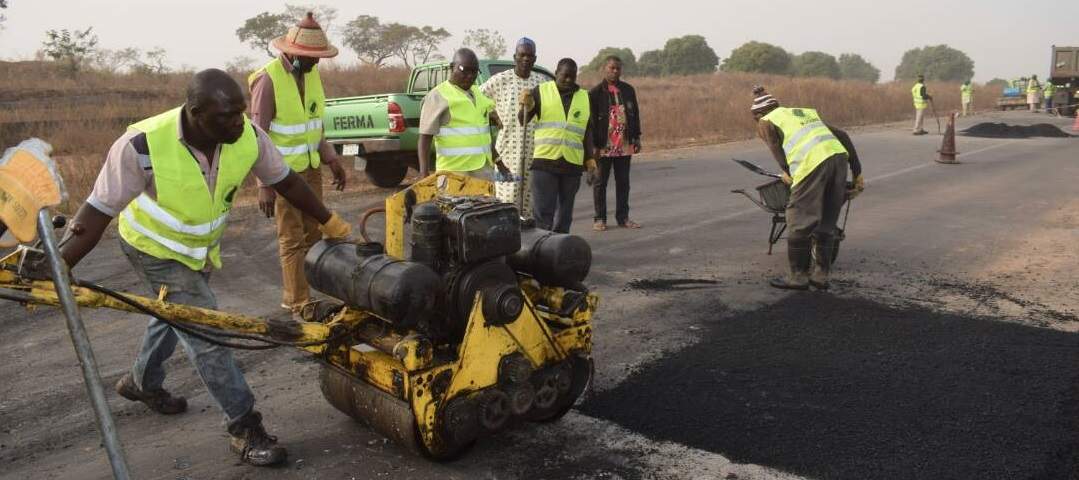Researchers has alerted that about 204,000 women who experience intense warmth may die, as more frequent heat waves on a warming planet pose a growing threat to their work, earnings and lives in Nigeria, India and America. According to Adrienne Arsht-Rockefeller Foundation Resilience Center (Arsht-Rock), a U.S. based nonprofit’s research in a report titled, ‘The Scorching Divide’ held that extreme heat could kill 204,000 women annually across the three countries in hot years.
Arsht-Rock Director, Kathy Baughman McLeod stated that extreme heat is quietly but profoundly brutalizing women worldwide. Nigeria accounts for 20 per cent of global maternal deaths of 58,000 women per year and heat adds yet another complication.
“Women are not only more susceptible to physically getting sick from heat, they’re also disproportionately expected to care for everyone else who’s sick from heat, whether that’s paid care or unpaid care”.
Heat waves are breaking records around the world and the continued release of planet-heating emissions largely from the use of coal, oil and gas will push global temperatures into uncharted territory in the coming years.
The report adds that, with the average number of severely hot days projected to at least double by 2050 in India, Nigeria and the United States, women from poor and marginalized communities will suffer the biggest blow to their productivity. Much of these heat-related productivity losses pegged at about $120 billion each year across the three countries are in the context of unpaid household work and linked to lack of access to domestic cooling equipment.
McLeod of Arsht-Rock said people were starting to understand the effects of heat from a financial and health perspective and stressed the need to take urgent action on the issue.
Women in India lose nearly a fifth of their paid working hours to heat, and extreme heat is pushing female wages below the poverty line in sectors including agriculture, which accounts for 70 per cent of total female employment, the report found.
Executive director of the Center for Migration and Inclusive Development, a Kerala-based nonprofit, Benoy Peter, said most agricultural work in rural India consists of invisible labor by women who assume a bigger burden when men migrate to cities.
“So women do the farm work, take care of older people and children. But if they fall ill, there is no one to take them to a health facility,” he added.






















